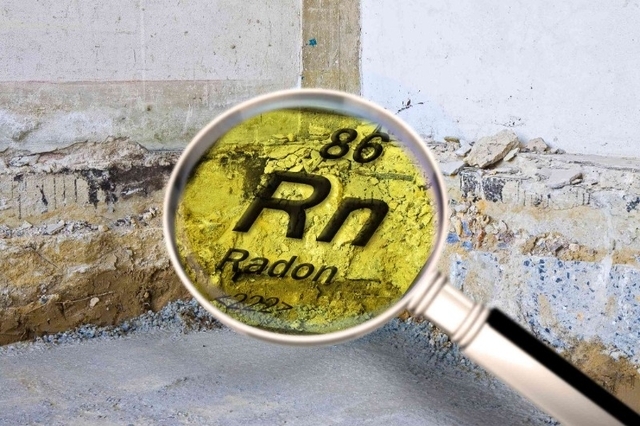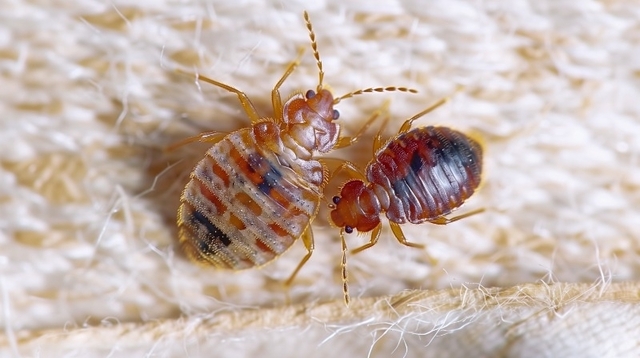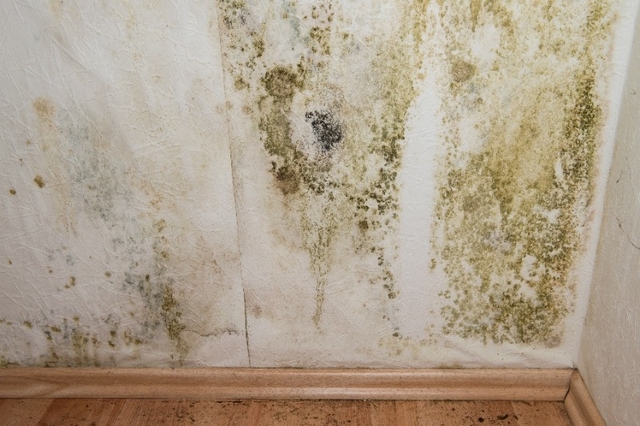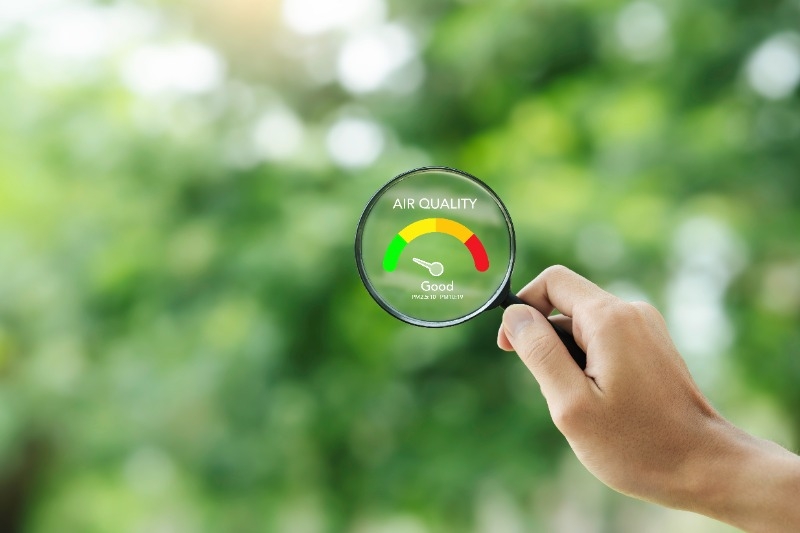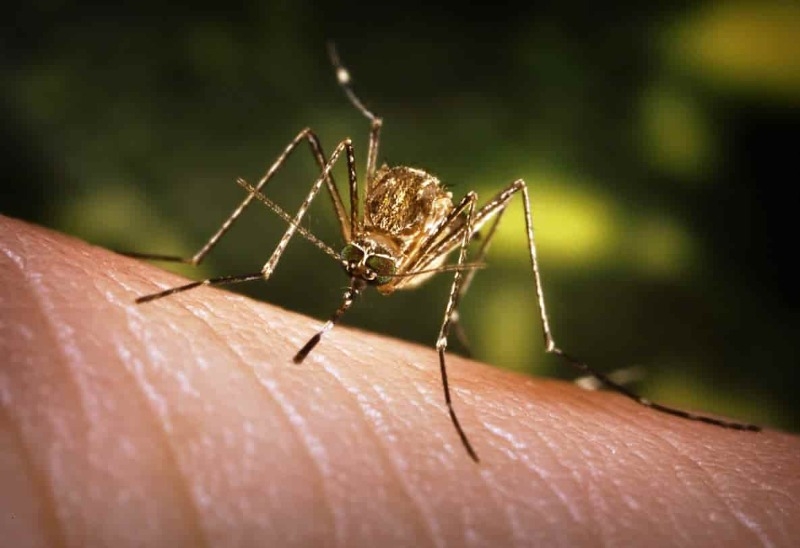Radon
Radon is a colorless, odorless gas that can seep into your home and pose serious health risks, including lung cancer. In Nebraska, approximately 1 in 3 homes have radon levels above the recommended action level. The only way to know if your home has dangerous levels of radon is through testing. Testing is simple and could save lives. You can pick up a free short-term radon test kit at the NNPHD office or at the County Extensi on offices in Cedar, Dixon, Thurston, and Wayne counties. Radon is the number one cause of lung . . .
